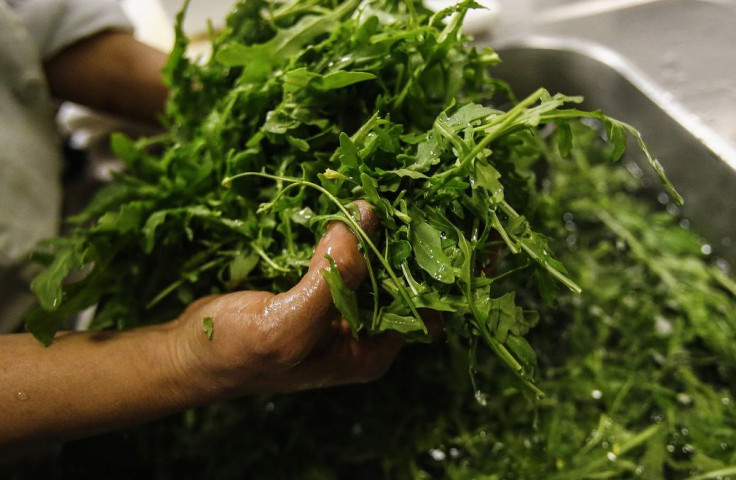ACSH questions WebMD’s advisory for consumers to buy organic versions of 17 fruits & veggies free from pesticides

Health organisations are in a debate over organic foods. The American Council on Science and Health (ACSH) is criticising WebMD, a reliable source of medical information, for echoing the warning of the Natural Resources Defense Council (NRDC) to purchase organic versions of 17 different foods.
The ACSH accuses NRDC of being a food scare factory. WebMD listed its top picks of organic foods to reduce consumers ingesting pesticides. ACSH points out that one of the leading members of NRDC says the kind of pesticide found in fruits and veggies are water soluble which comes out in urine.
Among the produce that WebMD listed as most susceptible to pesticide residue, based on a recommendation from the Environmental Working Group, are peaches, apples, sweet bell peppers, celery, nectarines, strawberries and cherries, pears, grapes, spinach and lettuce, and potatoes and carrots.
However, ACSH notes that while it agrees with the practice of washing all fruits and veggies before consumption – whether it is grown organically or not – it is not over pesticides but possible bacterial contamination which is the sources of many foodborne illness. It points to papaya, which WebMD says is okay in its conventional form because it likely cannot be organic.
But ACSH says papaya has been genetically engineered to counter a virus that almost destroyed the papaya industry in Hawaii. It stresses that the organisation agrees with food hygiene that WebMD advocates, but it should not scare consumers into buying more expensive organic produce and not getting any better nutrition or safety.
ACSH advises consumers to instead save their money and buy conventional produce. But they emphasise that everything should be washed before consumption.





















